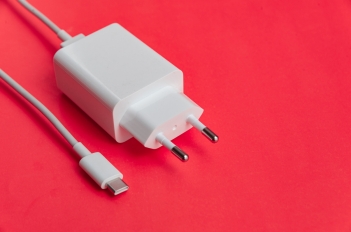Recently, the European Parliament Committee voted with 602 votes in favor, 13 against, and 8 abstentions1 for new mobile devices sold in the European Union to have a USB-C charging port. This initiative was approved as a strategy aimed at reducing electronic waste and empowering consumers to make more sustainable choices, eliminating technological lock-in where consumers become captive to a specific manufacturer when purchasing their devices.
Standardization vs. Innovation: The Debate Over Universal Chargers
The continuous expansion of the smartphone market has led to an increasing demand for charging solutions that are efficient and compatible with each other. The issue arises when the idea of a universal charger for all devices is proposed, arguing that this could be a crucial step towards standardization and sustainability. However, this apparent solution raises fundamental questions about whether a single charger could hinder innovation and technological advancement.
The defense of the universal charger is based on the premise of eliminating the need for multiple cables and adapters to charge different devices, which, in theory, would lead to greater convenience and reduce the generation of electronic waste associated with brand-specific chargers. However, this apparent simplicity raises the question of whether standardization would limit creativity and differentiation in the design and functionality of devices, directly affecting the constitutional protection that Industrial Property Law provides for the exclusive exploitation of human creations.
Different charging methods drive competition and innovation among manufacturers, as technology companies strive to offer the fastest, most efficient, and convenient charging solution, resulting in ongoing investment and technological advancements. Imposing a universal standard could potentially disincentivize competition and investment.
